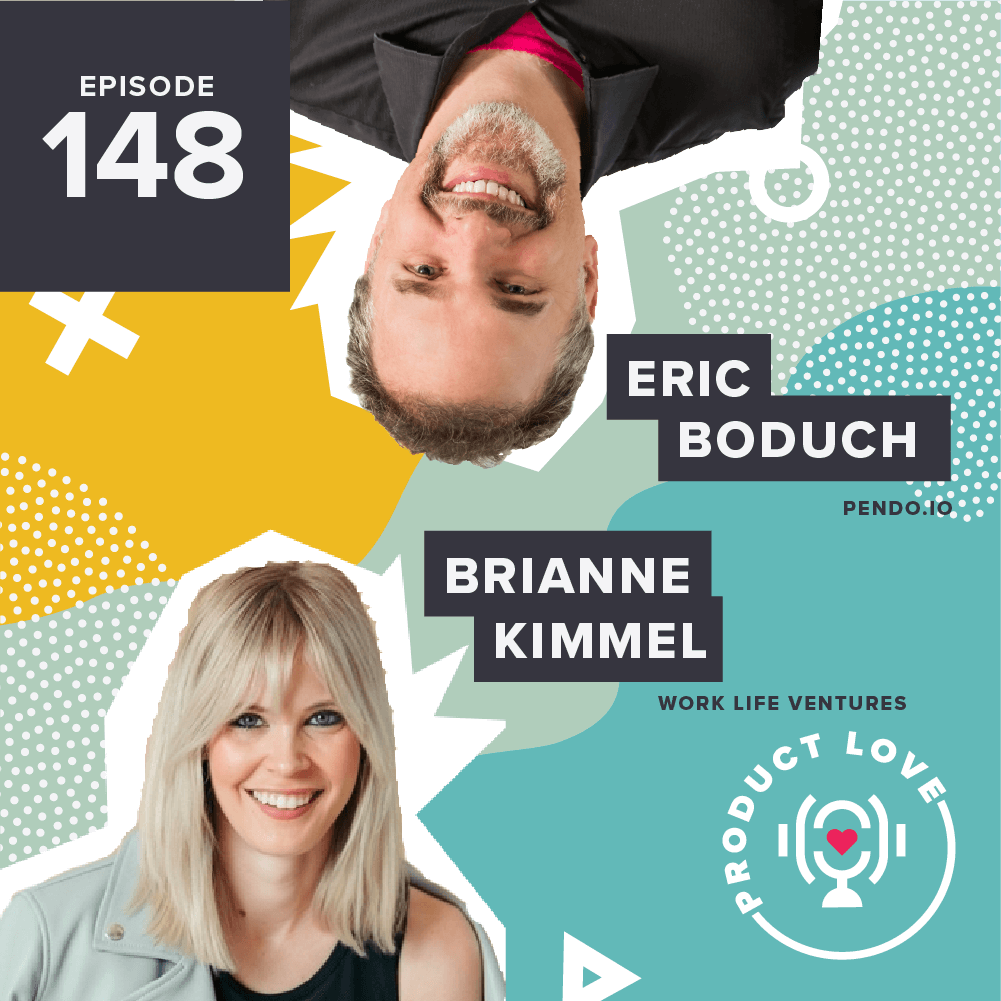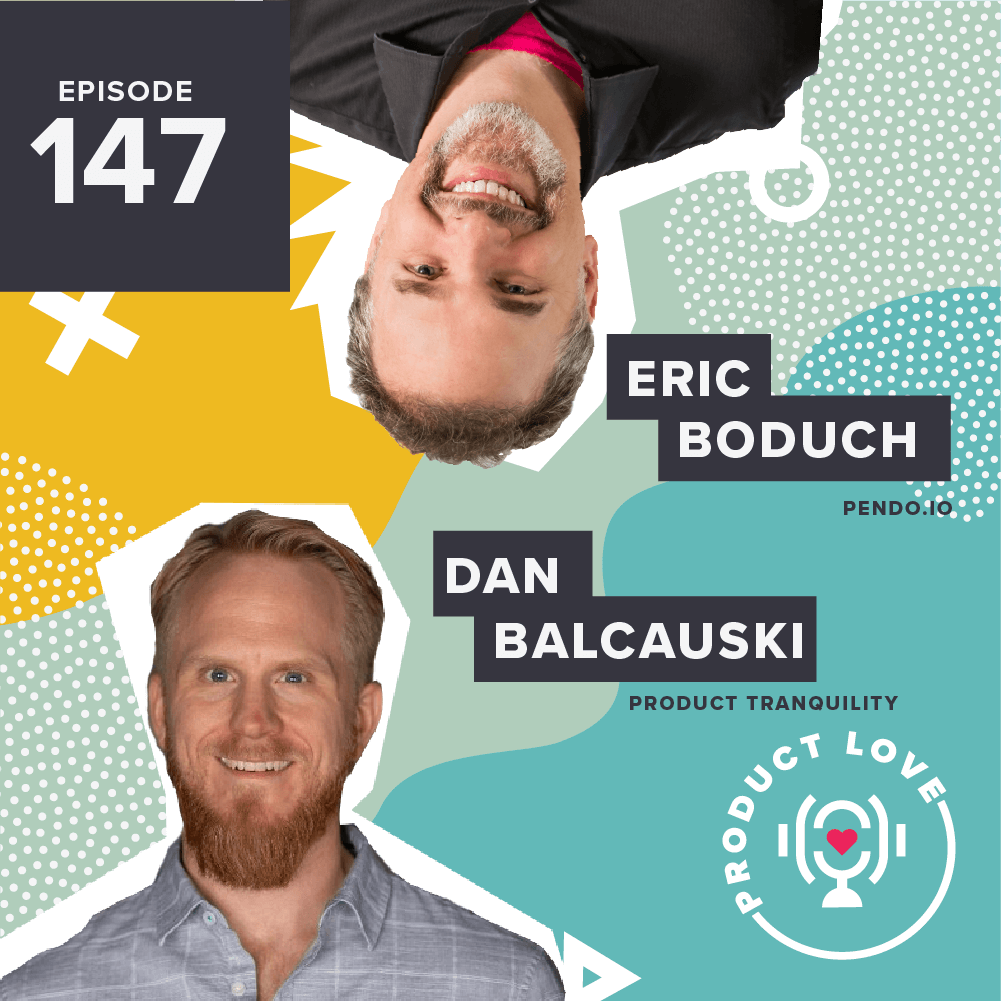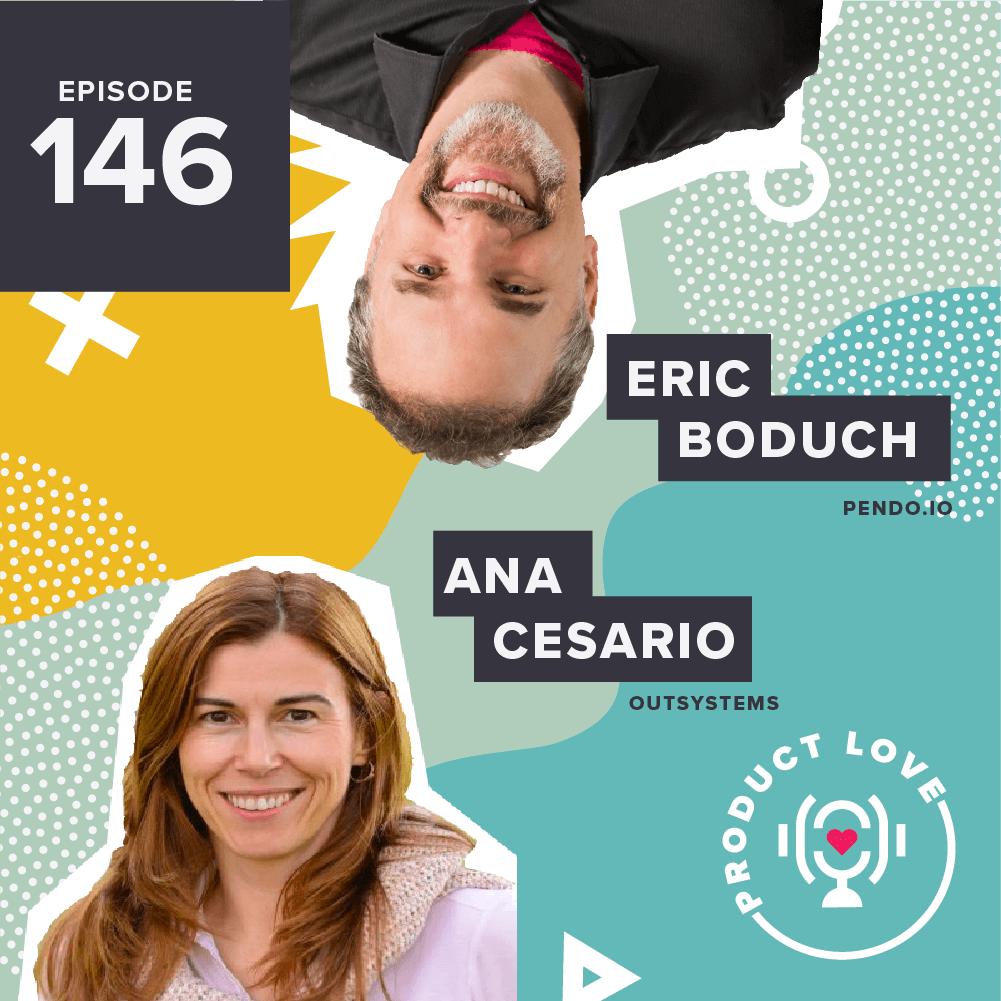This week on Product Love, I talked to Tatyana Mamut, the head of product at Nextdoor. Nextdoor is a social networking site for neighborhoods. Before Nextdoor, she advised and consulted in the blockchain space for a year. She’s led product teams at Amazon Web Services and Salesforce and has even directed a bunch of innovation products at IDEO. But her resume doesn’t stop there — she also has a Ph.D. in economic and cultural anthropology.
You might wonder why someone who has spent so much time in the humanities would pivot to making tech products, but Tatyana doesn’t think of it as an extreme change. Tech products have always leaned toward the people side. Creating great products has always been dependant on understanding people’s motivations, their mental models, and the context in which they fit in. We may think that tech is just about tech, but in reality, it’s about understanding how people use and experience a product.
That’s why Tatyana calls for more people in the humanities to make the move to tech projects. The combination of being well-versed in both the humanities and in technology unlocks innovation and creates experiences that resonate.
On this episode of Product Love, Tatyana and I talked about building a team, evangelizing for customers, and the impact of a wildly successful product.
Building a team
When we build teams, we should think about hiring people who complement each other. But many times, we create teams of people who resemble one other. This doesn’t encourage growth. Tatyana‘s own framework for building a team involves selecting product managers with experience in different areas of the field.
Tatyana suggests hiring someone deep in the social sciences field because they probably have better insights into user motivations and behaviors. Then she suggests hiring someone who is technical (but not necessarily super technical because there are engineers available). Next, you want to hire someone who understands the business domain. These product managers understand financial modeling and can size opportunities. This creates a dynamic where everyone complements each others’ strengths.
Evangelizing for the customer
When asked about how she evangelizes product management across her organization, Tatyana admits she doesn’t really. Instead, she evangelizes for the customer. A product isn’t a person to advocate for, but a user is. She says customer-centricity is apparent in a variety of ways. For instance, we have to assess the way we measure our success for customers. She’d rather lead the customer to success rather than work toward metrics for shareholders or business growth. But if you’re running an effective organization, customer success should go hand-in-hand with overall financial success.
Tatyana cautions her team about measuring success around time spent in-app. It’s a very common metric to measure because we think the longer customers spend in-app, the more successful they are. But does that make sense? Does it measure how much value we’re providing to the customer? Is that any actual indication of how happy the customer is?
Product teams have to step back and wonder why customers are spending so much time in the app. It doesn’t necessarily mean they’re getting the job done, or that they’re actually satisfied with it.
Tatyana also finds other ways to push for customer-centricity on her teams. She spends two days a month in-person with the customer and observes their pain points. She also offers rewards to her team members that go out of their way to help customers.
The impact of your wildly successful product
Tatyana firmly believes that product teams should, first and foremost, do no harm to the communities they serve, and to the larger world. When her product team presents an idea, she often asks, “What if we became successful?” If the product does become wildly successful, someone will find a way to abuse it. So product teams can’t be completely optimistic about the outcome of their products. They have to consider who the product excludes, or how it influences someone’s day-to-day.
This question also forces product teams to look at their business model and what they’re building, and ask themselves if this is the dynamic they want to build in this world.
Want to hear more about metrics and organizational culture? Check out the episode above.


